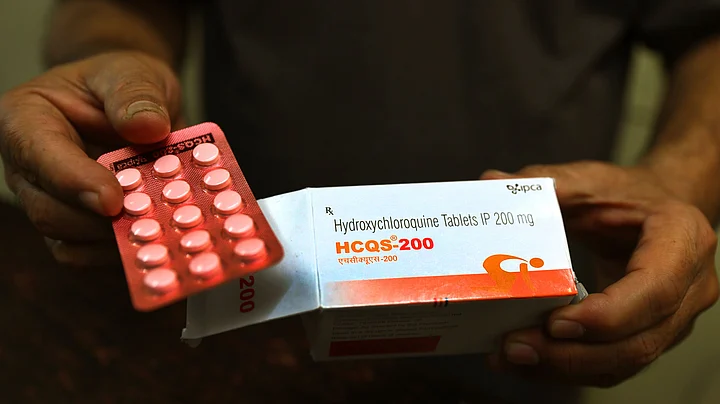Revising the guidelines on clinical management of COVID-19, the Union Health Ministry, on Saturday, 13 June, recommended the use of anti-malarial drug hydroxychloroquine (HCQ) for treatment of mild and moderate disease under medical supervision. It should be used in the early course of the disease to achieve effective impact.
The updated guidelines also recommended the use of anti-viral drug remdesivir under emergency use authorisation, off label use tocilizumab and convalescent plasma therapy on certain groups of patients.
The Ministry has now removed its earlier recommendation of using HCQ in combination with azithromycin in severe cases.
The new guidelines stated, “This drug has demonstrated in vitro activity against SARS-CoV2 and was shown to be clinically beneficial in several small single center studies though with significant limitations.”
They added, “Nonetheless, several large observational studies with severe methodologic limitations have shown no effect on mortality or other clinically meaningful outcomes. As such, the evidence base behind its use remains limited as with other drugs and should only be used after shared decision making with the patients while awaiting the results of ongoing studies.”
“An ECG should ideally be done before prescribing the drug to measure QTc interval (and HCQ avoided if QTc is >500 ms),” the guidelines read.
(At The Quint, we question everything. Play an active role in shaping our journalism by becoming a member today.)
